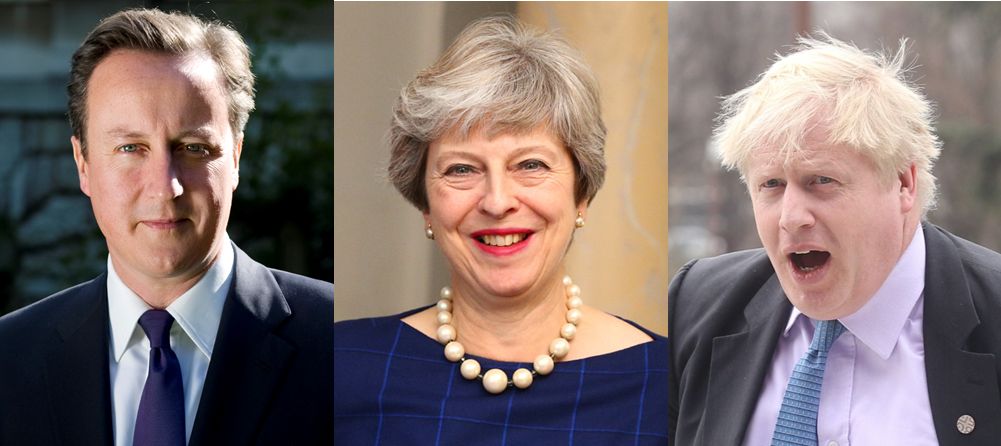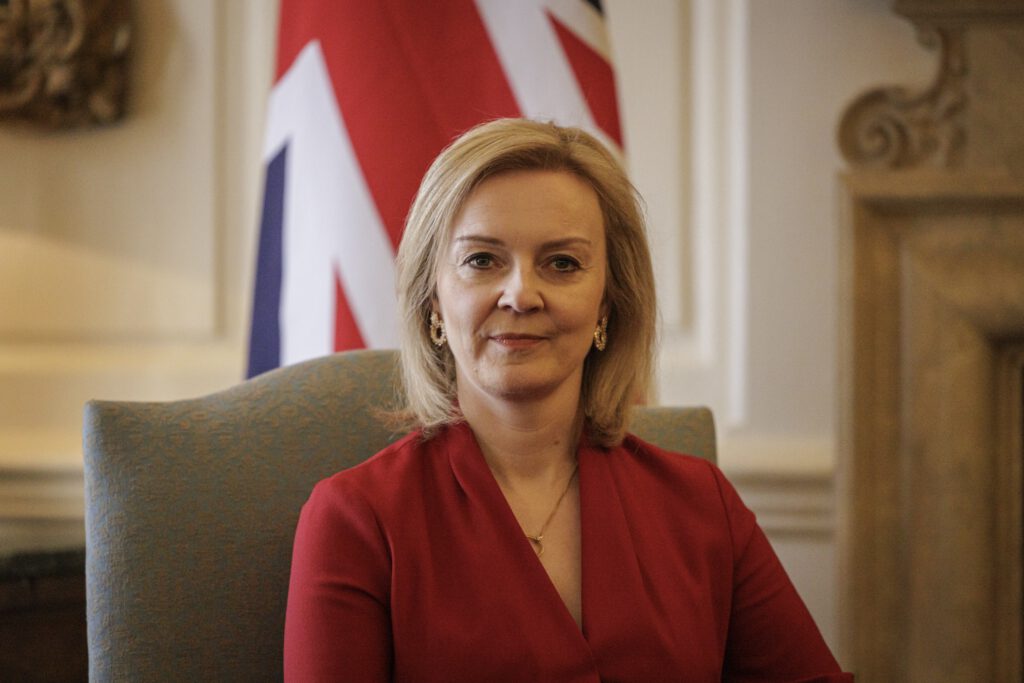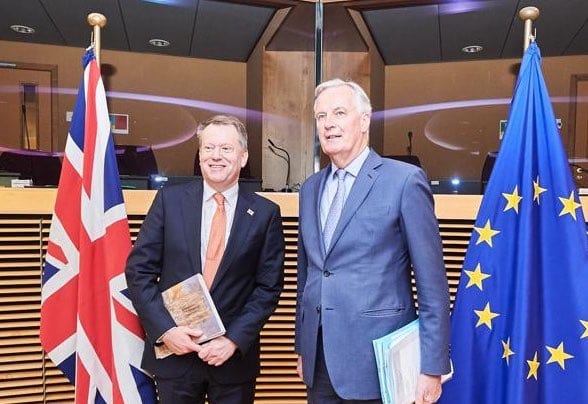Necessarily restricted public participation? Ombudsman confirmed her findings of maladministration by the Council in absence of increased access to Council Legal Service’s opinion.
While the EU was praised for its transparency in negotiations with the exiting United Kingdom, this openness appears not to extend to its internal legal advice regarding the negotiation process. In this sequel to her previous blog post, Vellamo Jutila analyses the legal exchange following her a complaint to the European Ombudsman concerning the Council’s decision refusing her access to this legal advice.
In June 2022, I shared my experience of trying to obtain the Council Legal Service’s (CLS) opinion on the EU-UK Trade and Cooperation Agreement. Following the recommendation of the European Ombudsman, the Council gave its reply on 16 May 2022. On 17 June 2022, the Ombudsman closed this case and confirmed her findings on maladministration. The contents of both decisions are discussed below.
The Council’s defence: exception circumstances prevail over transparency?
In its reply of 16 May 2022, provided by the European Ombudsman on 19 May 2022, the Council disregarded the Ombudsman’s recommendation and confirmed that the CLS opinion on the EU-UK Trade and Cooperation Agreement (TCA) remains sensitive. According to the Council, ‘[t]he factual situation surrounding this legal opinion did not change since our response to your proposal for a solution – – and there are no new circumstances that would allow the Council to grant broader access to the legal opinion in question’.
The Council did not, however, elaborate in greater detail to which ‘factual situation’ it was referring in its reply. Should the Council have referred to the parts of its response of 15 November 2021 that the institution itself identified as confidential, I must limit myself to the following observations. In its reply of 15 November 2021, the Council claimed that a disclosure of the requested document would reveal a strategy that was employed vis-à-vis the TCA. The Council also argued that even where the internal procedures in the Council have been concluded in relation to the TCA, the sensitivity of the requested document is not removed ‘when that legal advice is relevant in the context of other agreements’.
It is difficult to square with the Council’s arguments for the following reasons. Firstly, it must be recalled that the Council itself has stressed the exceptional circumstances of the TCA and how the UK, ‘[b]eing a country that has withdrawn from the Union, – – is in a different and exceptional situation with regard to the Union compared to other third countries’. The Council therefore seems to have indicated that the strategy employed vis-à-vis the TCA would be applicable only to the potentially withdrawing Member States – who already possess the knowledge of this secret strategy. Secondly, and perhaps most importantly, the EU institutions have assured that the TCA does not form a precedent for future free trade agreements. Thus, the claim that disclosure of the opinion would undermine the protection of public interest as regards international relations seems an oxymoron. If the TCA indeed was a ‘once in a lifetime’ -deal from the EU’s side, there should be no obstacle for greater openness.
In its reply to the Ombudsman’s recommendation, the Council also opined that since the requested document relates to a decision-making process of non-legislative nature, it is not subject to the same breadth of access to documents as the legislative activities of an EU institution. Referring to the case-law of the General Court the Council stressed that ‘public participation in the procedure of relating to the negotiation and the conclusion of an international agreement, which falls within the domain of the executive, is necessarily restricted in view of the legitimate interest of the negotiations’. In addition, the Council rejected the applicability of the recent findings of the General Court in favour of disclosure in Pech v Council to the case at hand because of the different types of procedures in which the legal opinions were issued.
Admittedly, the EU courts have stated that the administrative activity of an EU institution does not require as extensive an access to documents as that concerning the legislative activity. However, it also has been established by the Court of Justice that the non-legislative activity of an institution does not fall outside the scope of Regulation 1049/2001. The Court of Justice has stressed that Article 2(3) of the regulation confirms that the latter applies to all documents held by institutions, drawn up or received by it and in its possession, in all areas of EU activity. Therefore, the well-protected CLS opinion does not fall outside the scope of the EU’s rules on public access to document merely because it relates to the Council’s non-legislative activity. Neither should the nature of the current activity of the Council have impact on the applicability of the findings of the General Court to the case at hand. In addition, as the Ombudsman stressed in her recommendation, the Council is bound by the judgement despite the ongoing appeal procedure before the Court of Justice.
Again, as for the alleged necessity to restrict the public participation it must be recalled that the EU courts have acknowledged the legitimate interest in not revealing strategic elements of the negotiations. Thus, it remains difficult to square with the logic of enclosure as the requested CLS opinion concerns publicly available international agreement which content and existence are of public knowledge. The negotiations were concluded already at the time of my request in February 2021. Since the TCA did not restrict the scope of provisional application, the EU and the UK were under an obligation to apply the entire agreement from 1 January 2021 and the fact that the agreement awaited its formal conclusion did not have any impact on the legal effects pertaining the agreement.
Dissatisfied European Ombudsman
In her decision of 17 June 2022, the European Ombudsman expressed her regrets that the Council refused to follow her recommendation. She recalled her view on how disclosure of the opinion could foster confidence in the legality of trade negotiations and also maintained that the Council had not sufficiently demonstrated how the increased access would in fact undermine the protected public interest. As regards the Council claim of non-legislative nature of its activity, the Ombudsman recalled General Court’s findings on how the alleged sensitiveness of the requested document depends on whether the content of the opinion itself is particularly sensitive. Since her inspection resulted in conclusion that the information contained in the requested opinion cannot be regarded as sensitive, the Ombudsman opined that Council should have granted ‘significantly increased access’ to the CLS opinion.
Based on the inquiry the European Ombudsman closed the case with the conclusion that since the Council did not accept the Ombudsman’s recommendation, it thus failed to grant the widest possible access to the legal opinion at issue. In addition, the Ombudsman confirmed her finding of maladministration.
Afterplay – transparency equals legitimacy?
The request for public access to CLS opinion turned to be unsuccessful. The Ombudsman has closed the case at hand and confirmed the maladministration on the Council’s side. While there no longer is choice but to let bygones be bygones, I submit the following observations.
In the first place, it was the unusual exercise of the EU competences under the TCA that urged me to seek public access to the CLS opinion. It was the Commission which steered the Brexit negotiations from the EU side. The outcome of the negotiations was presented right before Christmas and the text of the agreement was distributed to the Member States for the first time on 25 December 2020, that is only few days before the decision on provisional application was expected to take place within the Council. The CLS gave its opinion after the Council had agreed on the provisional application of the TCA.
At first, this seems a natural and sensible thing to do: the provisional application guaranteed that the business may continue as usual, and the Member States are given sufficient time to revise the text of the agreement prior conclusion. The leaked CLS opinion proves, however, to be very short and narrow in terms of competence-analysis and the consequences of concluding the TCA as a pure EU agreement. In reality, the conclusion of the TCA as EU-only agreement may have far-reaching implications on the Member States and may lead to the exclusion of Member States from entering into international commitments in a non-EU context. As regards the law enforcement and judicial cooperation included in the association agreement, the prior national commitments are now replaced by another international covenant that is binding on the Member States under EU law which appears, as I have suggested, to extend the loyalty obligation. Had the choice to resort to pure EU-agreement indeed been solely a matter of politics, the ramifications of this choice are a matter for the legal sphere also.
Since neither of the Brexit-agreements were subjected to the opinion procedure, that is, no prior assessment of the Court of Justice was sought before the conclusion, the discussion in public in the greatest possible detail would have been welcomed. From the perspective of the EU citizens, the TCA carries within practical consequences to the daily life of the EU citizens (let alone the Brits). During this procedure in seeking for (greater) access to document, the Ombudsman stressed on several occasions how greater transparency of the requested document could ‘reinforce the legitimacy’ of the TCA and how disclosure could ‘foster confidence in the legality of trade negotiations’.
Indeed, in a battle with euroscepticism, transparency could be a powerful tool. It has been my submission that the TCA would have benefitted from greater scrutiny before its conclusion in order to attain a stronger constitutional approval for EU external action. As a wider note, if secrecy is the blueprint, this represents an alarming fashion in EU external relations. Greater transparency into the work of EU institutions surely would benefit the institution themselves as well.
Vellamo Jutila currently works as an associate lawyer in an attorney office specialised in refugee law.





